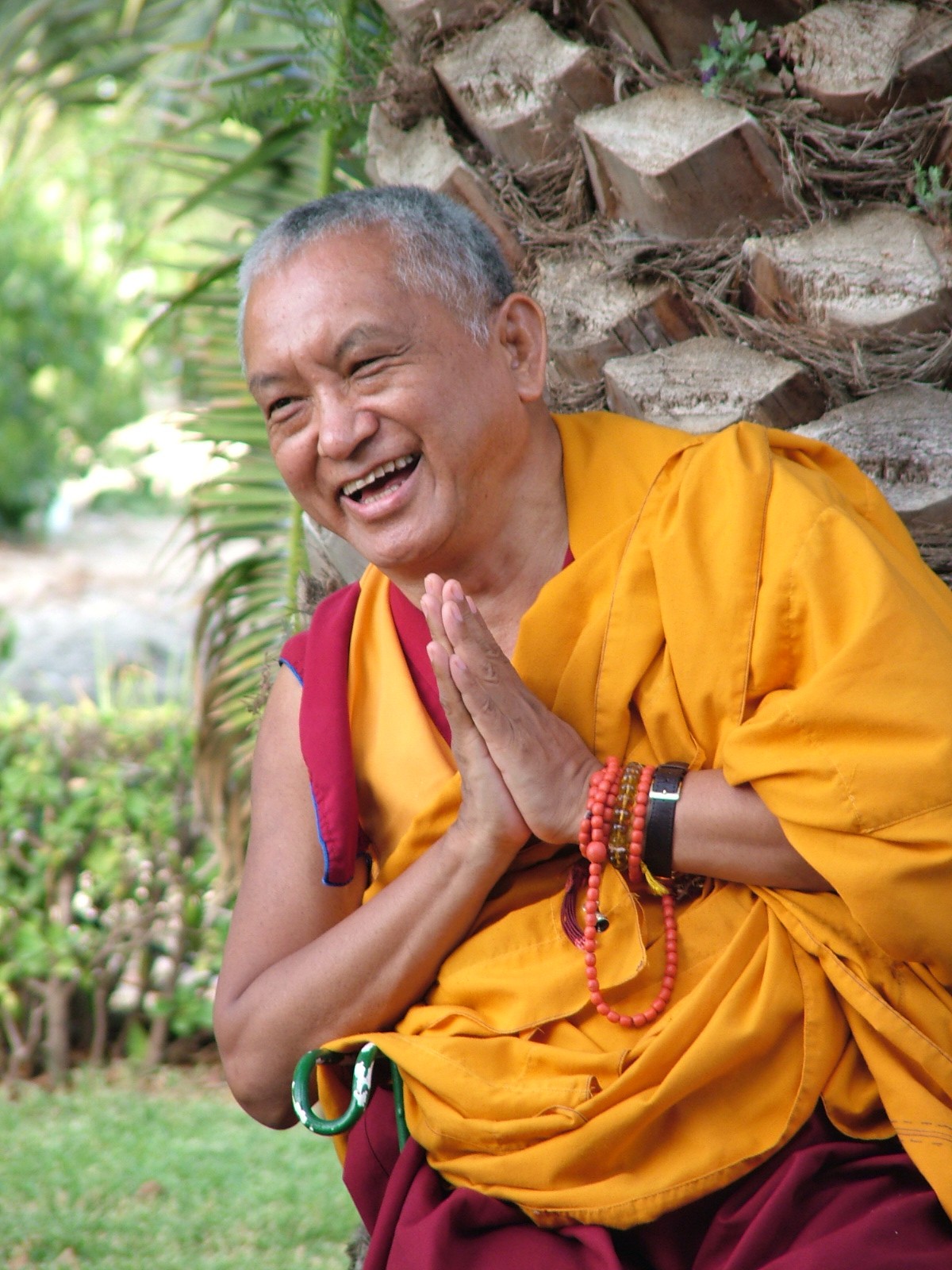Dive deep into perseverance, one of the core practices of the bodhisattvas, with beloved teacher Lama Zopa Rinpoche as a guide.
Awakening depends on fortitude;
because, without fortitude there is no merit,
as there is no movement without wind.
—Shantideva, Guide to the Bodhisattva’s Way of Life
Perseverance, or virya, is also translated as “energy,” “fortitude,” or “vigor.” One of the six perfections, or paramitas, it is one of the trainings of the bodhisattvas and a deeply necessary quality for the Buddhist path. But it’s far from the kind of head-down, stubborn determination the name could imply; instead, it’s joyful energy that enables us to practice.
Rinpoche’s commentary is structured around the fifth and seventh chapters of the beloved Guide to the Bodhisattva’s Way of Life by the eighth-century philosopher-poet Shantideva. Interweaving his teaching with Shantideva’s verses, Rinpoche elucidates this prerequisite for enlightenment, explaining what it is and how to cultivate it: guard your mind, gather virtue, work for others—and find incredible joy in these things.
“When we have perseverance, we will have no obstacles, which means obstacles to any happiness, especially to ultimate happiness, the freedom from the oceans of samsaric suffering, and most importantly to peerless happiness, the state of the omniscience that is enlightenment.”
—Lama Zopa Rinpoche
The Wisdom Culture Series, published under the guidance of Lama Zopa Rinpoche, features translations of key works by masters of the Geluk tradition. Also available in the series are Tsongkhapa’s Middle-Length Treatise on the Stages of the Path to Enlightenment, The Power of Mantra, andThe Swift Path.
BOOK INFORMATION
- Paperback
- 216 pages, 6 x 9 inches
- $29.95
- ISBN 9781614298977
ABOUT THE AUTHOR

Lama Zopa Rinpoche was one of the most internationally renowned masters of Tibetan Buddhism, working and teaching ceaselessly on almost every continent. He was the spiritual director and cofounder of the Foundation for the Preservation of the Mahayana Tradition (FPMT), an international network of Buddhist projects, including monasteries in six countries and meditation centers in over thirty; health and